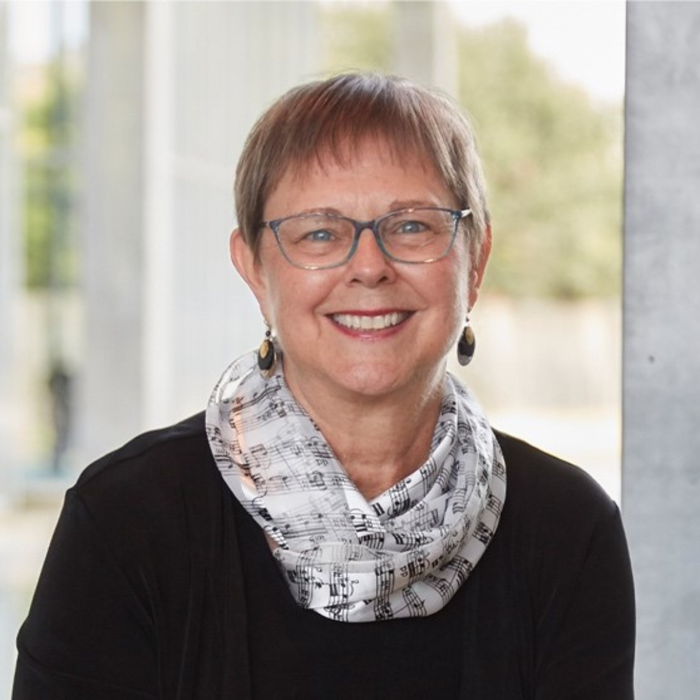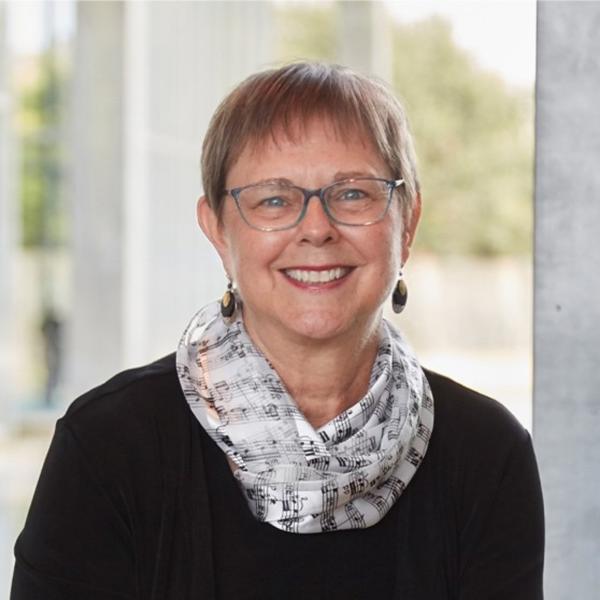Dr Elizabeth Morrow, Professor Emerita, was awarded the degree Doctor of Musical Arts in Cello Performance from the University of Southern California. As a recitalist, she has concertized extensively in Europe and North America. An award-winning pedagogue, Dr Morrow has been an active presenter for the American String Teachers Association and Texas Music Educators Conference.
She was inducted into the UT Arlington Academy of Distinguished Teachers, and was awarded the UT System’s Regents’ Outstanding Teaching Award. In 2012, Dr Morrow retired from the position of Full Professor of Cello at the University of Texas at Arlington after 21 years.
After retirement, Dr Morrow expanded into an area of special personal interest by becoming a certified dyslexia therapist through Southern Methodist University in Dallas. Through her work with dyslexic students and continued work teaching private cello, she became inspired to adapt and apply the principles of dyslexia instruction to reading music notation for students who struggled to read music. Articles sharing her research and approach have appeared in Strad On-line, the American String Teacher journal, and the Texas Music Educators journal, Southwest Musician. In 2019, the NoteSense Music Reading Program (for brains that learn differently) was published and is currently available for purchase.
Dr. Morrow recently relocated to Niwot, CO, where she continues to perform, teach cello and share research about the NoteSense Music Reading Program. In her free time, she enjoys reading, hiking, biking, and photographing nature on the Rocky Mountain Front Range.
Past Short Courses


Thursday 22nd February 2024
5:00 PM - 7:00 PM
(London Time)
Music Reading for Students with Learning Disabilities

Dr Elizabeth Morrow
This course will review the research surrounding certain learning disabilities such as dyslexia, dyscalculia and ADHD, and the research-based solutions that have been found to work successfully. We will examine current methods of music reading pedagogy, and then compare that to systems specifically designed to accommodate students with learning disabilities.
